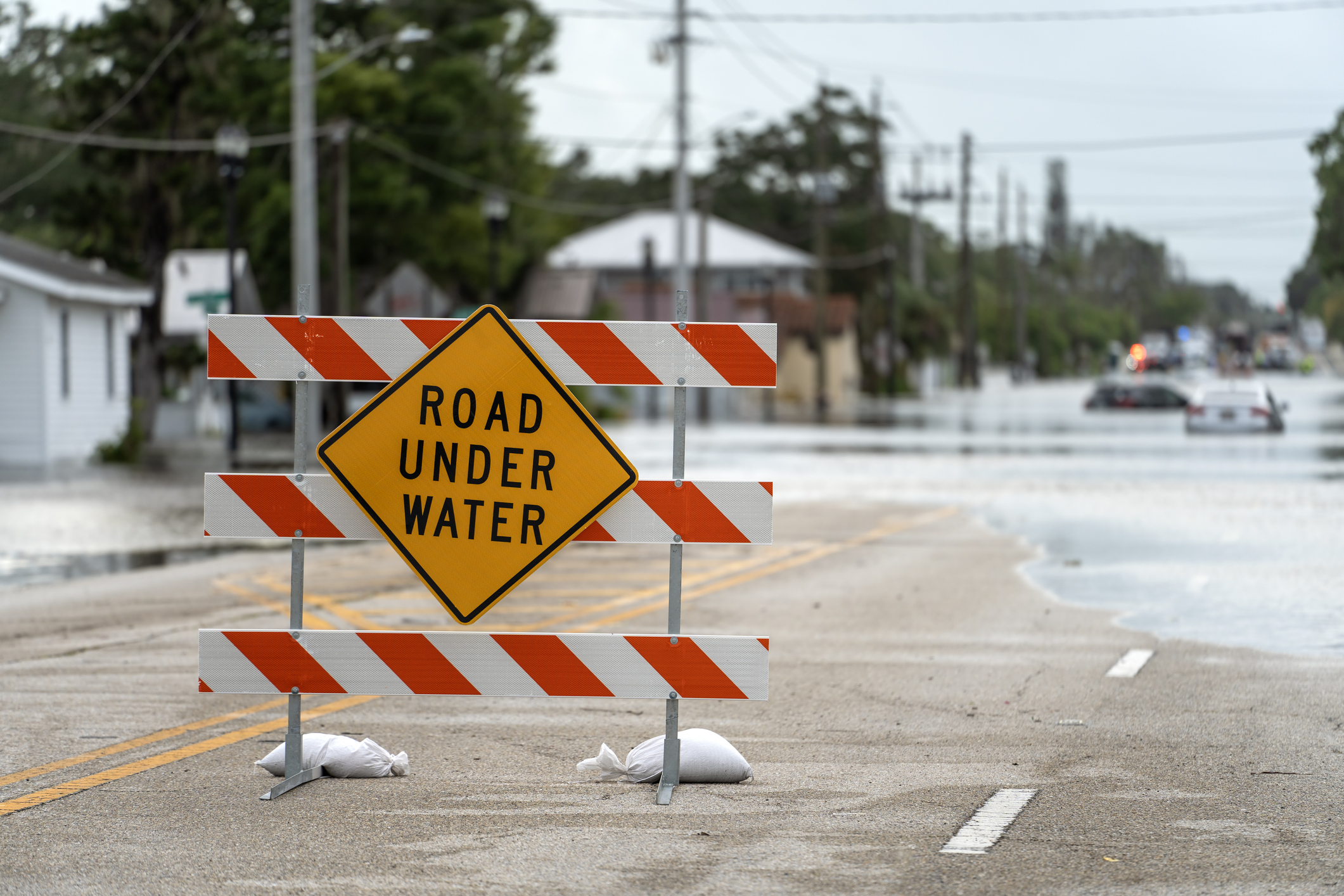Members of the Spokane City Council are considering a new climate ordinance that would require Spokane residents to use 100 percent renewable energy in the city by 2030. The proposed ordinance would also require that at least ten percent of the electricity used by residents of the state’s second largest city be produced within the city or in the local area.
The proposed ordinance would be extremely costly, promises huge new infrastructure costs without saying how taxpayers will fund them, and wastes vast amounts of money on projects that do little to help the environment.
The ordinance is also filled with errors and vague claims. Below, I review the various “Whereas” clauses to identify the many problems in the text.
“Whereas, local, regional, and global economies are transitioning to low-carbon energy sources.”
Washington state has the lowest carbon intensity for energy in the nation – 34 percent lower than the national average – thanks to our hydro and nuclear energy. Ironically, this initiative would ban or discourage those non-carbon energy sources. This clause indicates the ordinance is not about reducing carbon emissions. It is about imposing a particular political ideology and will end up harming the environment.
“Whereas, the future of the fossil fuel industry is questionable…”
This statement is completely inaccurate. The International Energy Agency predicts demand for coal, oil, and natural gas will actually increase by 10 percent worldwide by 2030. The claim the sponsors make in the ordinance appears to be invented, without any effort to determine whether it is true or not. This is a pattern revealed in the drafting of the ordinance – its proposed energy policy is based on a series of false or unsubstantiated claims.
“Whereas, changes in Spokane’s climate are already being felt.”
This is the standard sort of vague claim that replaces actual information when accurate climate data would be inconvenient. What impacts are being felt in Spokane? How much do they cost? How will this the proposed ordinance stop or reduce these impacts? None of these questions are even considered.
“Whereas, scientists found that climate change poses a significant threat to Washington’s economy…”
There is no source given for this claim. In fact, no predicted climate scenario shows our economy shrinking. The goal of unsubstantiated and inaccurate information like this is to create a crisis mentality and prevent anyone from asking questions about the true cost of the proposed ordinance. Nor is there any effort by the sponsors to show that the benefits of their ordinance would be greater than the costs. It is easier simply to hint at big benefits and warn about pending catastrophe if their program is not adopted.
“…changes in precipitation patterns that affect agriculture and hydro-electric energy generation…”
This is ironic since the ordinance would specifically prohibit new hydro-electricity as an energy source and may add restrictions to existing hydro, but then uses the lack of hydro power in the future as a justification for enacting the ordinance.
“Whereas, the entire community will be impacted by climate change, but communities that already face existing socioeconomic and health inequities will be most severely impacted by these risks.”
Although the sponsors claim to be concerned about existing socioeconomic inequity, they gloss over the impact of increased energy costs on the poor. Energy taxes are recognized as one of the most regressive forms of taxation. The proposed ordinance promises to identify “policies to reduce the cost-burden to low-income citizens as a result of implementing the Plan,” but, again, the sponsors offer no way to pay for these subsidy programs.
“Whereas, one sector alone, solar energy, accounts for over 300,000 jobs in the United States.”
The reason they cite national data in this clause is that Washington state is the worst in the nation for solar power production. According to the National Renewable Energy Laboratory, Washington state has the lowest amount of solar irradiance in the lower 48 states. Spending huge sums of money to create tiny amounts of energy in the name of “jobs” is simply wasteful and wastes opportunities to spend money on projects that would truly help the environment.
If, however, city council members feel this is a good way to create jobs, they should require solar installers to hire two people for every job opening they have. This policy would instantly double the number of solar energy jobs created.
“Whereas, community-based development of environmental infrastructure…”
The phrase “community-based development” and the wording in a number of the other ordinance clauses clearly indicate increased government spending. There is no funding mechanism, however, provided in the ordinance. The text only says the cost will be determined later.
As we will demonstrate in the next blog on this topic, the potential cost just to meet the proposed renewables goal is extreme. Tax increases to cover the promised “community-based development” and other projects would have to be imposed on top of that.
“Whereas, ‘renewable energy’ specifically excludes energy derived from fossil fuels, nuclear and biomass energy from (i) wood pieces that have been treated with chemical preservatives such as creosote, pentachlorophenol, or copper-chrome-arsenic and (ii) non-residual wood from standing trees.”
There is a Waste-to-Energy generation plant in Spokane, but half of its current generation is from fossil-fuel sources and would not count as “renewable” under the ordinance. It is unclear how much of the remaining energy from this local plant would be lost due to the ban on other types of waste wood.
In addition, under the ordinance the Boulder Park natural gas generation plant located near Spokane could not sell electricity to residents in Spokane. That inexpensive, local energy would, instead, be purchased by others.




